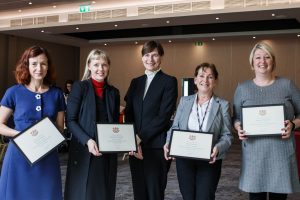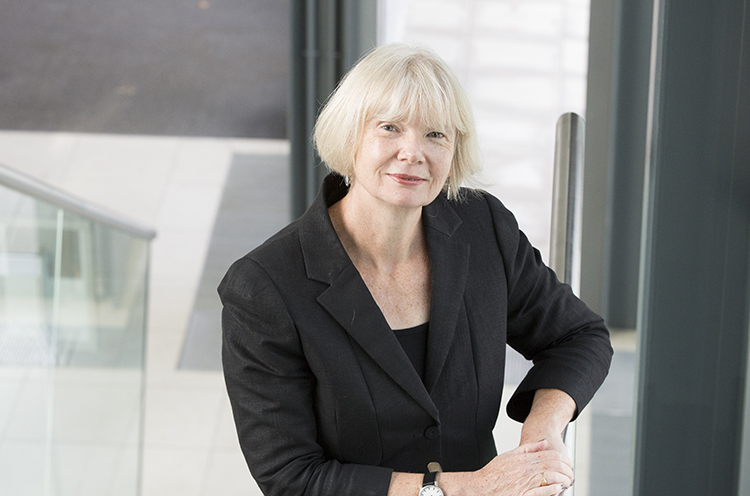A lot of ink has been spilled recently trying to define excellent teaching. There have been criticisms of the Teaching Excellence Framework, or TEF, on the grounds that it doesn’t directly measure teaching quality – but how on earth do you do that? Some of the measures in TEF are indirect, sure –a lot of weight is given to helping and supporting students to get great jobs, which is one of the main factors that got Kent our TEF Gold this summer. But surely TEF measures things we should want to be good at anyway, like helping our students from every kind of background to stick with it and complete their qualification successfully; have a great graduate career; and benefit while they are at Kent from being part of an outstanding learning community with lots of opportunities for co-curricular development too?
Students might not be able to define excellent teaching either, but they know when they’re getting a decent amount of attention from us, and when they feel supported and encouraged. They know when we see them as people with a common passion for the same subject, which we can help them develop so they thrive academically. They also pick up signals about how the University values teaching – because through valuing teaching, we value them.
So my first ‘go’ at this blog couldn’t come at a better time, because just last week we have had the presentation of the University Teaching Prizes. There are too many of them to list, but you can find all the details here, and even better, they regularly go to both academic staff and support staff who enhance learning experiences and opportunities. Enhancement and innovation doesn’t necessarily mean using shiny new kit, or novel technology, in the lecture theatre. It also means doing smart things with assessment, and making students feel part of an academic community, and finding ways of doing revision, or talking about employability, that don’t just seem like a chore to students or staff. We have some fantastic examples of good practice at Kent, and the Teaching Prizes showcase that. Likewise the extraordinary work that is recognised at national level, for example through this summer’s National Teaching Fellowship award to Henrik Schoenefeldt of the Kent School of Architecture; or Jane Reeves’s team at the Centre for Child Protection, which has been shortlisted for a highly competitive and prestigious Collaborative Award for Teaching Excellence from the Higher Education Academy – fingers crossed, please, for the awards announcement on 1 November.

What we need to do more of, though, is to help and encourage colleagues who might not quite be at Teaching Prizes stage yet, to develop their practice and try things out. So this week we’re launching the TESSAs – the Teaching Enhancement Small Support Awards – which will allow academic and support colleagues to apply for funding between £500 and £5000 to improve teaching, learning and the student experience here at Kent. Through these awards, the University is investing in teaching improvement, and in the future of our students. Every application will show that we want to be a learning community committed to excellent teaching – whatever that is!
Professor April McMahon, Deputy Vice-Chancellor Education

